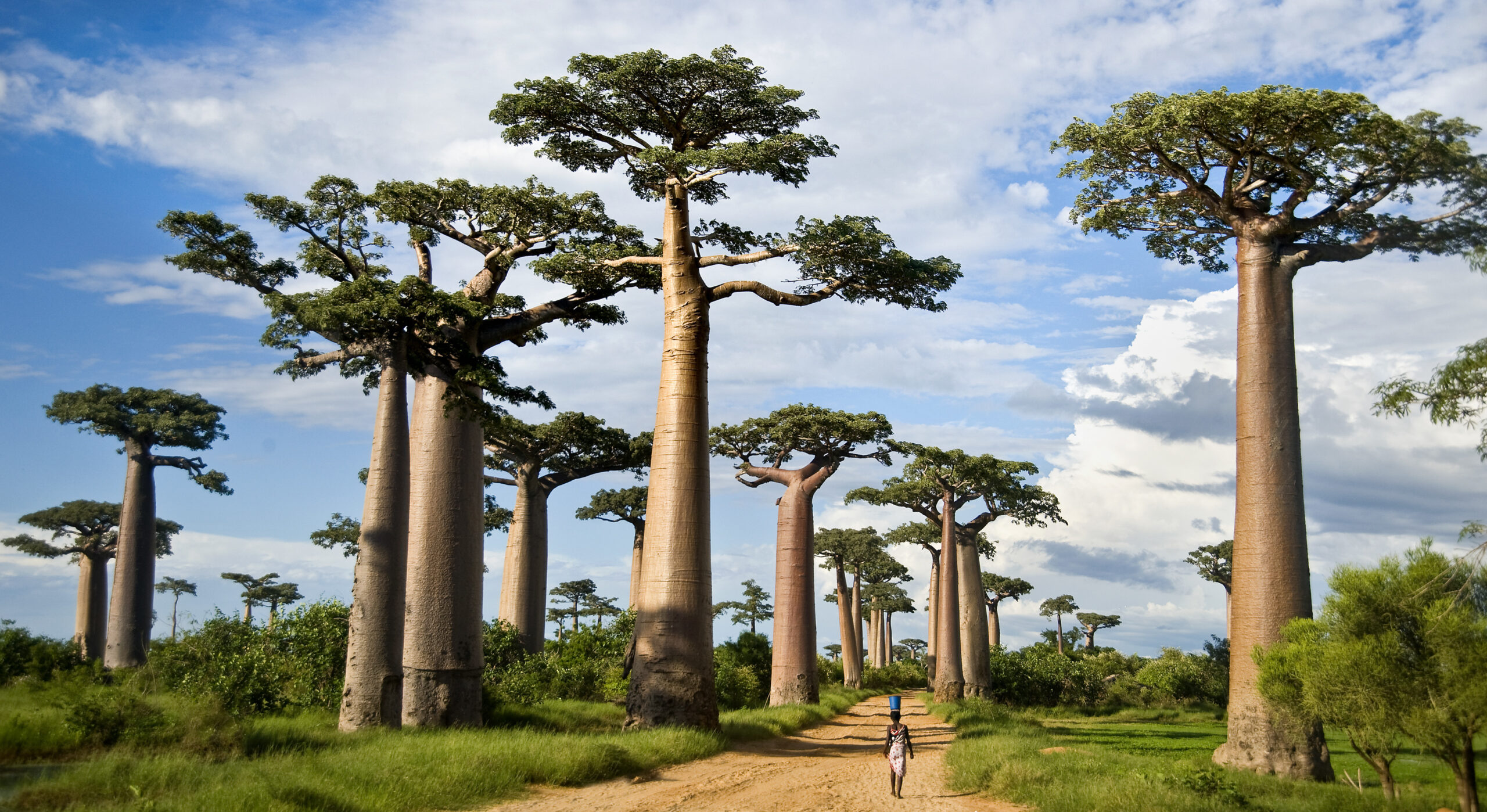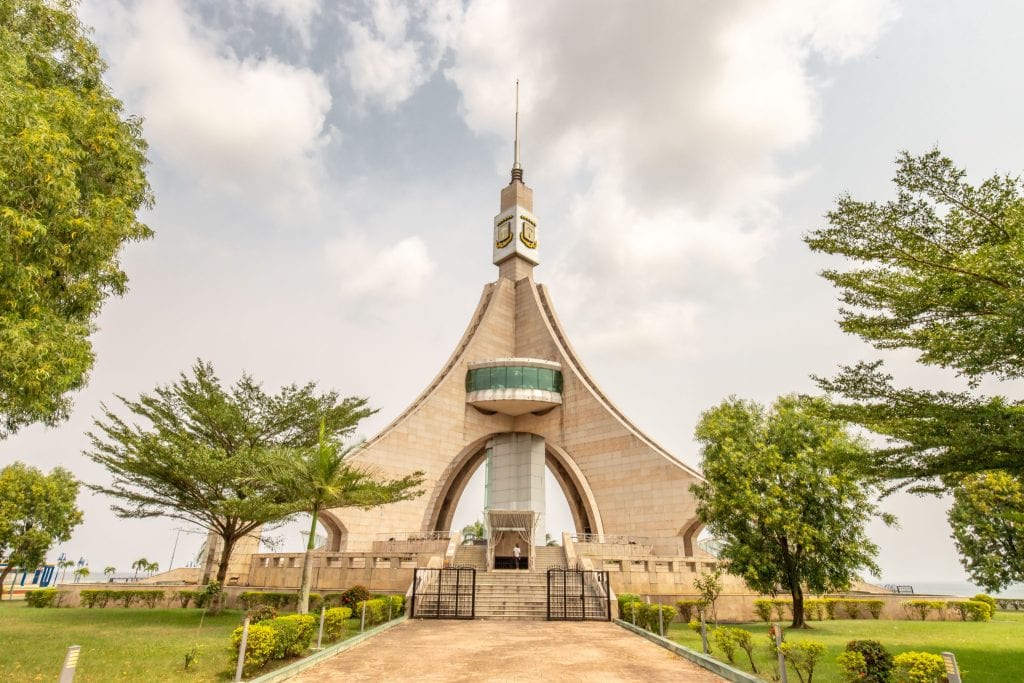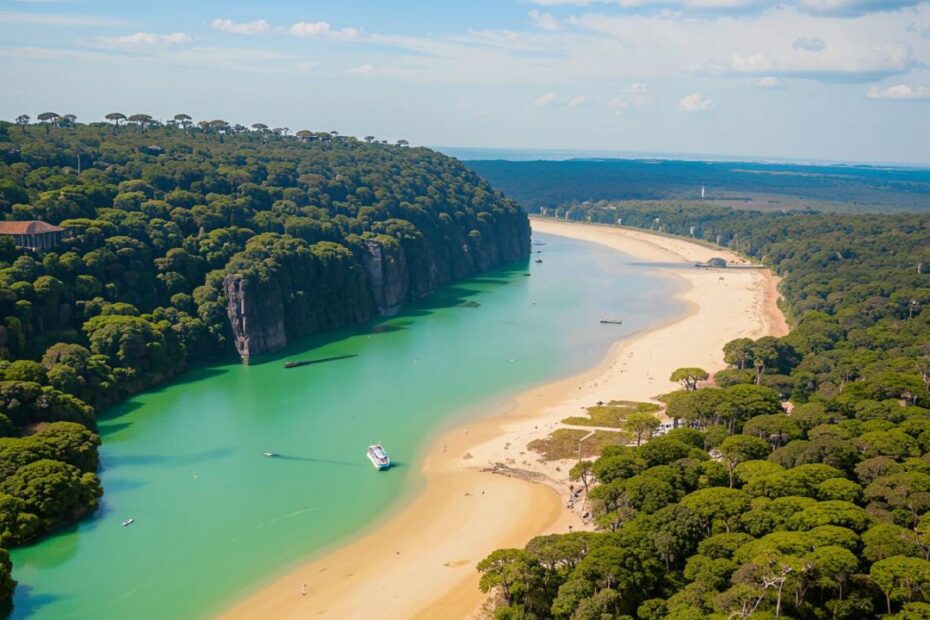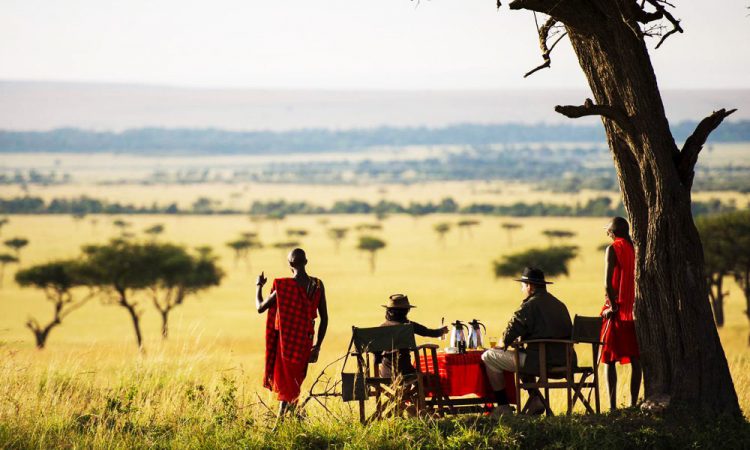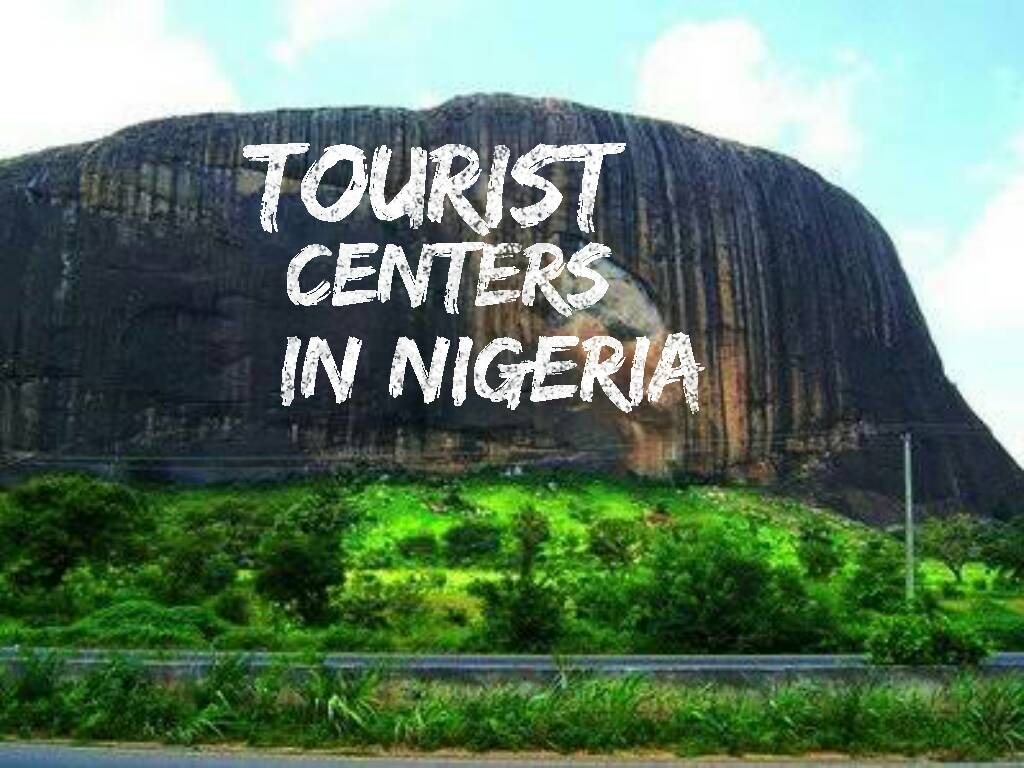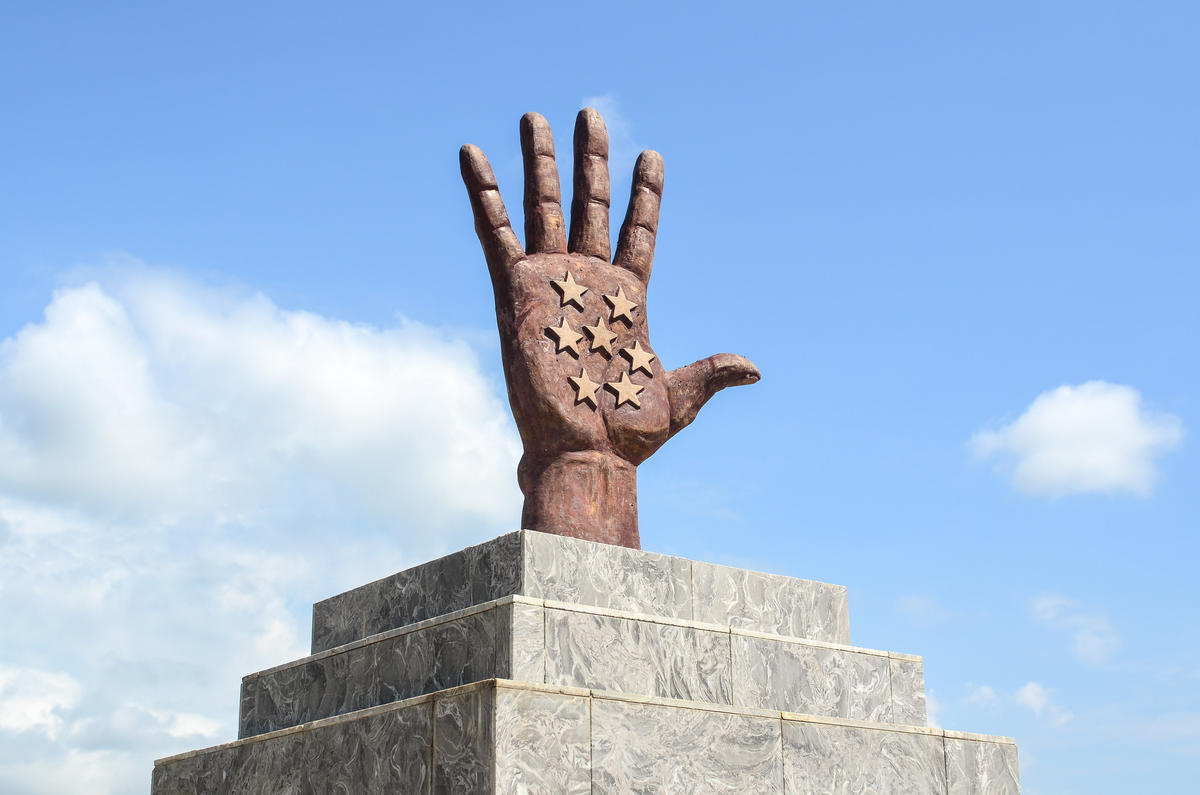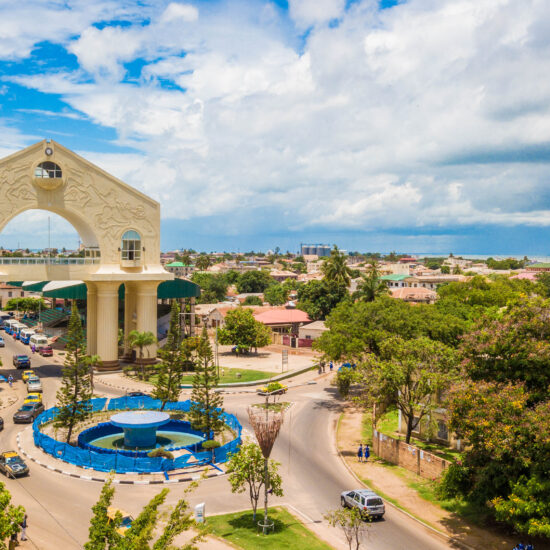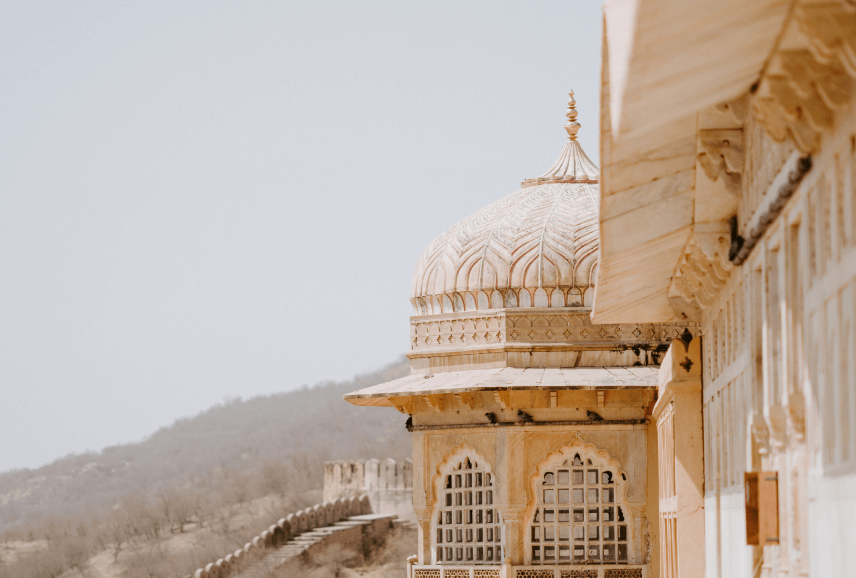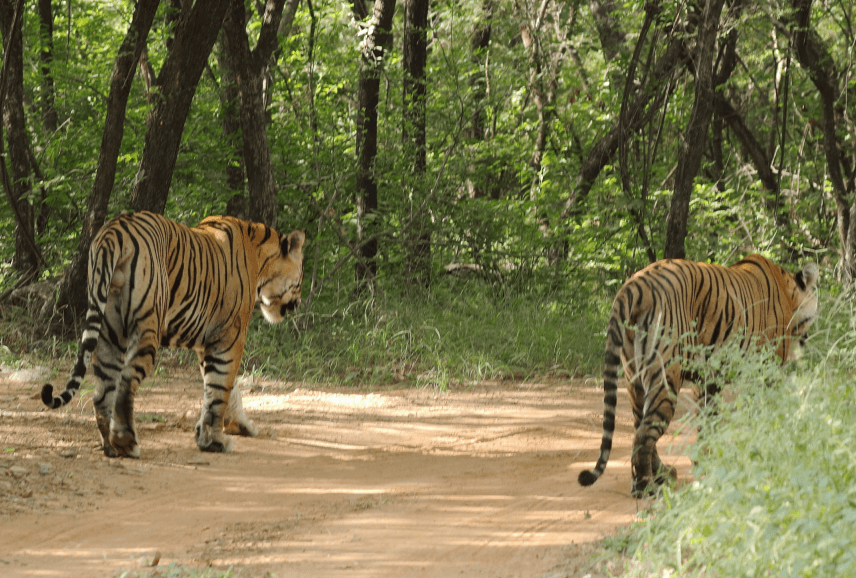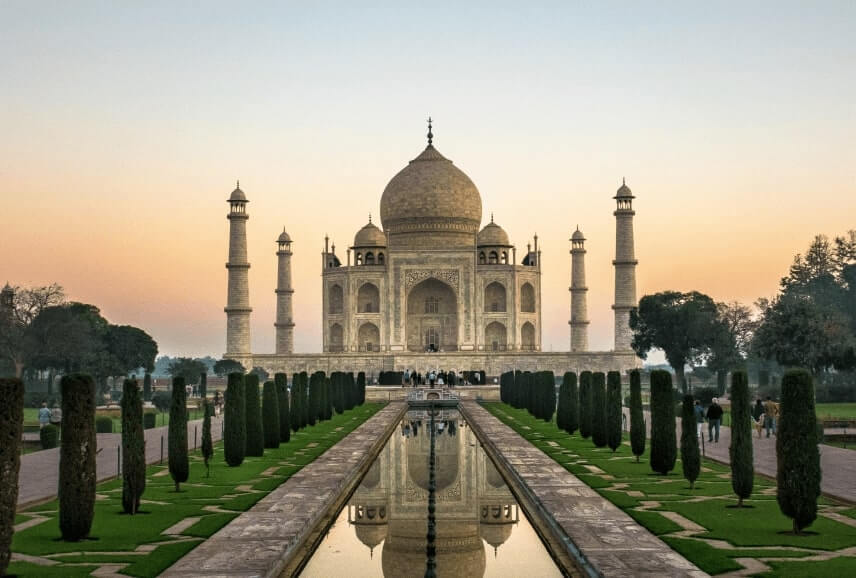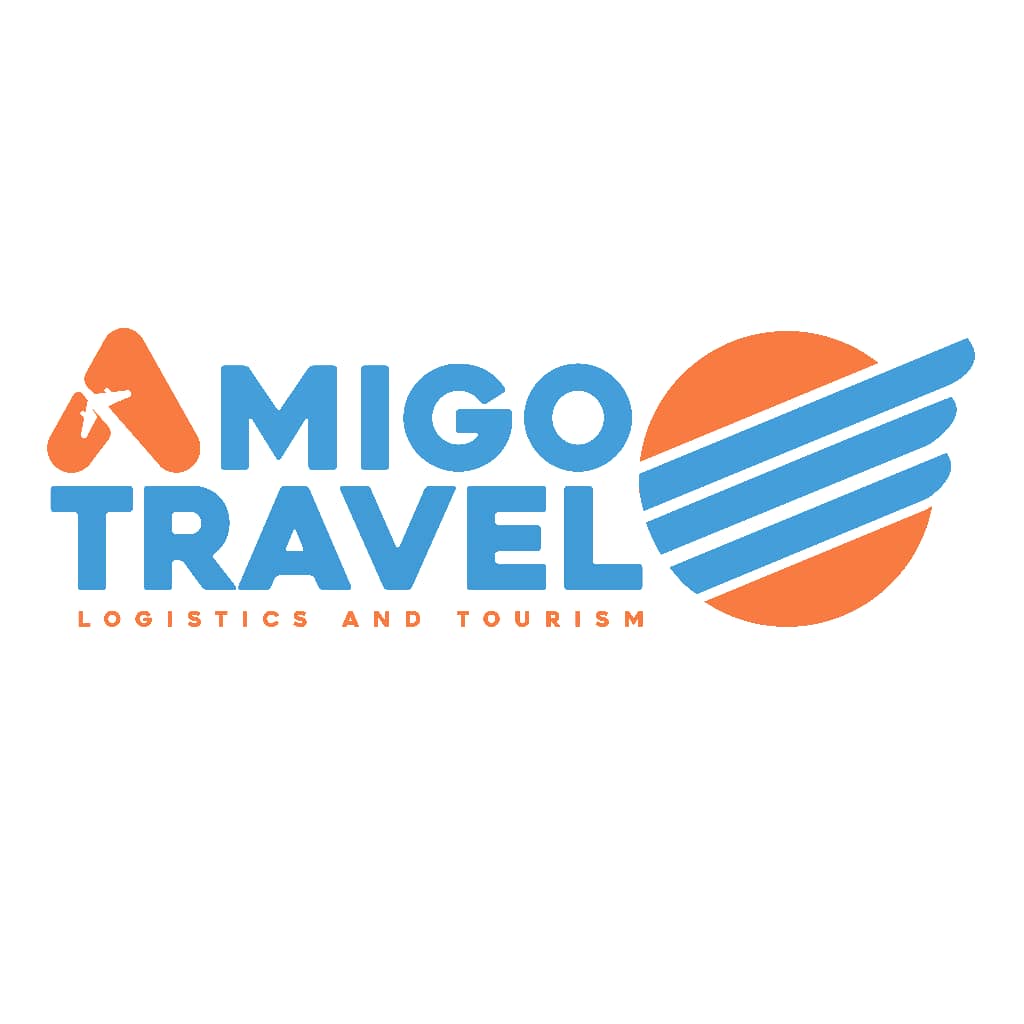Gabon is a lush, wildlife-rich Central African country that offers an extraordinary combination of biodiversity, stunning landscapes, and a relatively small population, making it a top destination for eco-tourism and adventure seekers. With over 10% of its land designated as national parks and home to a range of endemic wildlife, Gabon is often referred to as “Africa’s Eden.”
1. National Parks and Wildlife
Gabon is renowned for its commitment to conservation, with 13 national parks covering a variety of ecosystems, from rainforests to savannas to pristine coastlines. These parks offer incredible opportunities to see wildlife in its natural habitat.
-
Loango National Park: Often called "Africa’s Last Eden," Loango National Park is one of the few places in the world where you can see wildlife like elephants, hippos, and buffalo roaming on the beach. It is also famous for its:
- Surfing Hippos: One of Loango's most unique sights is hippos wading in the surf, offering a rare coastal wildlife experience.
- Whale Watching: From July to September, humpback whales can be seen off the coast, making Loango a prime destination for whale watching.
- Primates: The park is home to a significant population of western lowland gorillas, chimpanzees, and other primates.
-
Lopé National Park: A UNESCO World Heritage site, Lopé combines savannas and rainforest, offering rich biodiversity. It’s a prime location for:
- Mandrills: Lopé is famous for its large troops of mandrills, some of the largest populations in the world, which visitors can observe during the dry season.
- Elephants and Buffalo: The park is also home to forest elephants and buffalo, along with various antelope species and an abundance of birdlife.
- Prehistoric Sites: Lopé is also of archaeological interest, with ancient human settlement sites dating back thousands of years.
-
Ivindo National Park: Known for its dense rainforest and iconic waterfalls, Ivindo is a paradise for nature lovers and adventure seekers.
- Kongou and Mingouli Waterfalls: Often referred to as the “Niagara Falls of Africa,” these stunning waterfalls are surrounded by pristine jungle and are accessible by boat.
- Birdwatching: The park is home to a variety of rare bird species, making it a hotspot for ornithologists and birding enthusiasts.
2. Adventure and Eco-Tourism
Gabon’s landscape and wildlife provide abundant opportunities for eco-tourism, adventure activities, and exploration of untouched nature.
-
Gorilla Tracking: Gabon offers some of the best opportunities for seeing western lowland gorillas in their natural habitat. In places like Moukalaba-Doudou National Park and Loango, guided treks allow visitors to observe these magnificent creatures up close while supporting conservation efforts.
-
Safaris: Unlike traditional safaris in East Africa, Gabon’s safari experience is unique, with its combination of rainforest and coastal settings. The country’s remote national parks offer a quieter and more personal wildlife experience, with a variety of animals such as leopards, forest elephants, buffalo, and chimpanzees.
-
Beach and Marine Life: Gabon’s coastline along the Atlantic Ocean offers beautiful, untouched beaches that stretch for miles.
- Pongara National Park: Located near the capital city of Libreville, Pongara is a popular spot for beach lovers and wildlife enthusiasts. The park features pristine beaches where visitors can see nesting leatherback turtles (especially from November to March), as well as dolphins and manatees in the waters.
- Diving and Snorkeling: Gabon’s waters are relatively unexplored but offer excellent opportunities for diving and snorkeling, with vibrant coral reefs and marine life.
3. Libreville: The Capital City
Libreville, the capital of Gabon, is a bustling coastal city that blends modernity with a relaxed, tropical vibe. While most visitors come to Gabon for its natural attractions, Libreville is worth exploring for its cultural and historical sites.
-
Cathédrale Sainte-Marie: A prominent Catholic church in Libreville, this cathedral is a striking architectural landmark and a reflection of Gabon’s colonial history.
-
Musée National des Arts et Traditions: This museum showcases Gabon’s rich cultural heritage, with exhibits featuring traditional masks, sculptures, and relics from various ethnic groups in the country.
-
Point Denis: Just a short boat ride from Libreville, Point Denis is a beautiful beach destination where visitors can relax on the sand, swim, or enjoy water sports. It’s a popular weekend getaway for both locals and tourists.
-
Mont-Bouët Market: For a taste of local life, visitors can explore the bustling Mont-Bouët Market, Libreville’s largest open-air market. It’s a great place to shop for local crafts, textiles, and food.
4. Cultural Heritage
Gabon is home to over 40 different ethnic groups, each with its own customs, music, and traditions. The country’s rich cultural heritage can be experienced through its vibrant festivals, traditional music, and local art.
-
Fang Culture: The Fang people are the largest ethnic group in Gabon and are known for their traditional Ngil masks, which were historically used in secret ceremonies. These masks are highly prized as works of art around the world.
-
Bwiti Religion: Bwiti is a spiritual tradition practiced by several of Gabon’s ethnic groups. It often involves ceremonial music, dancing, and the use of iboga, a psychoactive plant, in rituals. Visitors can learn about Bwiti practices in villages where the tradition is still strong.
-
Traditional Dance and Music: Gabon’s musical heritage is deeply rooted in traditional rhythms and instruments. Local communities often perform traditional dances, accompanied by ngombi harps and drums, during festivals and cultural events.
5. Cuisine
Gabonese cuisine is a blend of traditional African foods with French culinary influences, reflecting the country’s colonial past. Visitors can enjoy a variety of dishes made from local ingredients, including fresh fish, tropical fruits, and forest meats.
-
Poulet Nyembwé: Considered Gabon’s national dish, this is chicken cooked in palm nut sauce and typically served with rice or fufu.
-
Brochettes: Grilled skewers of meat or fish are popular throughout Gabon, often served with spicy sauces and plantains.
-
Smoked Fish: Given the country’s proximity to the ocean and rivers, smoked and grilled fish is a staple of the Gabonese diet, often prepared with local spices.
-
Fruits: Tropical fruits like bananas, papayas, and mangoes are abundant and often eaten fresh or in desserts.
6. Best Time to Visit
The best time to visit Gabon is during the dry season, which runs from May to September. This period offers the best conditions for wildlife viewing, especially in national parks like Loango and Lopé. The rainy season (October to April) can make some areas difficult to access, but it is the best time to see nesting sea turtles and offers an abundance of lush, green landscapes.
7. Challenges for Tourists
Though Gabon is one of Africa’s most stable and developed countries, travelers should be aware of certain challenges.
-
Infrastructure: While Libreville and some other urban areas have good infrastructure, rural areas and national parks are less developed. Travelers should be prepared for basic accommodations and difficult road conditions, especially during the rainy season.
-
Costs: Gabon is not a budget-friendly destination compared to other African countries. Prices for accommodation, transport, and guided tours can be high, particularly in remote areas and national parks.
-
Visas and Travel Requirements: Most visitors require a visa to enter Gabon. It’s advisable to arrange this ahead of time, as visa processing can sometimes be slow. Travel permits may also be needed for entry into certain national parks

